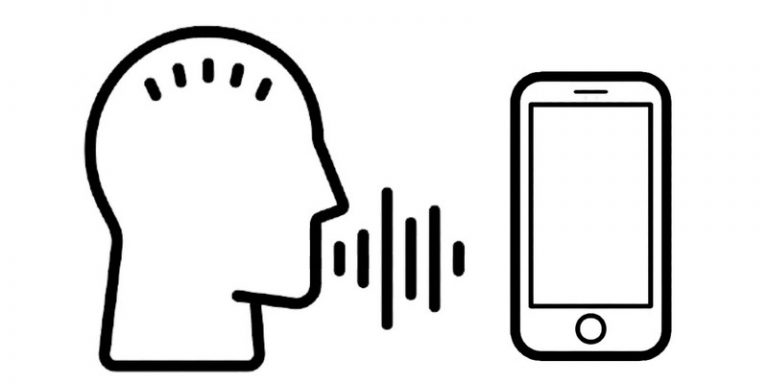
At the 180th meeting of the American Acoustic Association (ASA), a research team from the University of Maryland, USA, presented an artificial intelligence model to detect signs of depression. The tool, coupled with a mobile application, analyzes the voice and notices potential changes that may indicate that a person is suffering from depression or shows early signs of it. A study that reminds us of the STOP projectthat analyzes the publications on twitter to prevent the risk of suicide.
An AI model to prevent the risk of depression
This study was the subject ofan article published by Carol Espy-Wilson, from the University of Maryland. According to the World Health Organization, more than 264 million people worldwide suffer from major depressive disorder and 20 million from schizophrenia. These are the most common precursors to suicide, one of the most common causes of death among adolescents and young adults aged 10 to 34.
With this in mind, his team designed a new technology based on a speech analysis system that maps acoustic signals to locate variations in individuals’ voices. The study’s lead author, Carol Espy-Wilson, elaborated on the aspects that make the voice an indicator of potential depression:
“Depression is accompanied by psychomotor slowing. As a result, sufferers cannot think as fast and their speech rate is slowed down with more and longer pauses than normal. This results in a simpler coordination of the articulators. This means there is less co-production of neighbouring sounds and more sounds are fully articulated.”
Using machine learning and deep learning
The research team leveraged several learning techniques to train a model that classifies a person’s speech data according to their mental health status, with the aim of helping them become aware of their condition. The aim of the research is to harness this technology in the form of a smartphone app, which would have a huge impact, according to Carol Espy-Wilson:
“Ideally, therapists will give the app to patients with MDD when they are in remission or only suffering from mild depression. That is, they are in a state where they are likely to use it regularly, so their mental health status can be monitored, and the appropriate people will be alerted if the app detects that the severity of the depression is increasing. In this way, we hope there will be an intervention before their depression reaches a level where they may consider suicide.”
Translated from L’analyse vocale sur smartphone pour détecter les signes d’un trouble dépressif









